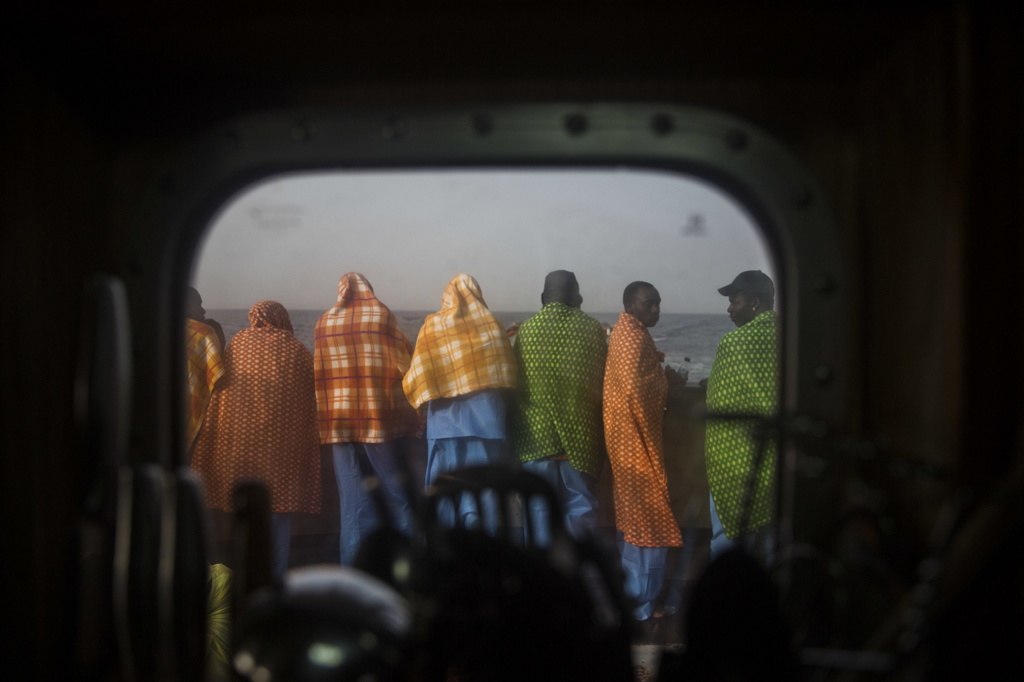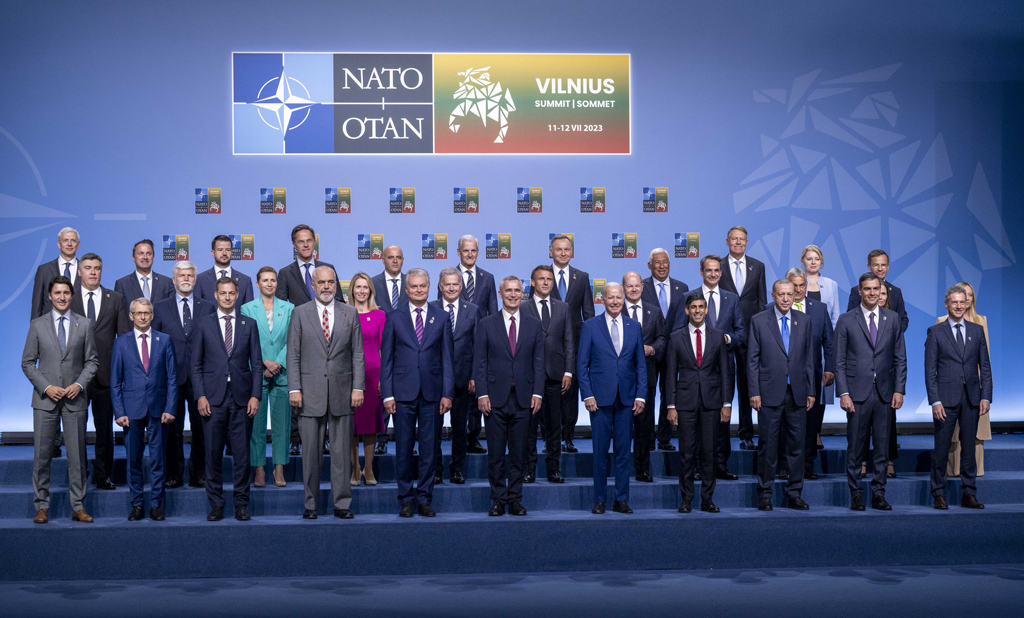
UK's 'ground-breaking' asylum bill to tackle irregular migration
U.K. follows a strict policy to minimize irregular migration toward its borders. For this, it tries to alleviate the burden of combating irregular migration by making legal arrangements within itself and signing agreements with other countries. Based on these, it can be said that the U.K. will continue to make new and concrete decisions against irregular migration in the upcoming period.
Share
Considered a country of immigration, the United Kingdom has drawn attention with its strict policy to prevent irregular migration in recent years. In line with this goal, two significant developments took place recently.
The first is the Illegal Immigration Bill, or "ground-breaking Stop the Boats Bill" as stated on gov.uk, the public sector information website. Briefly, the bill makes impossible for asylum applications for those who illegally entered the country. It is noteworthy that according to the data shared by the Ministry of Interior, while 299 irregular migrants crossed the English Channel unlawfully and reached the U.K. in 2018, this number increased to 1,843 in 2019, 8,466 in 2020, 28,526 in 2021 and 45,755 last year. Thus, the number of irregular migrants arriving in the U.K. via the Channel has doubled in the last year.
Looking at the bill closely that the government submitted to Parliament on March 7, it is seen that five articles come to the fore. The first is that those who enter the U.K. illegally will be denied the right to seek asylum. The second is to prevent those entering the country illegally from being released on bail in the first 28 days of detention and requesting a judicial review. The third is to place a quota on the number of refugees to settle in the country legally, which will be determined by Parliament every year as a result of consultations with local authorities. The fifth is to ban the deported people from returning to the country and acquiring British citizenship.
The last is that with the authorization to be given to the minister of interior, those who enter the country illegally will be sent to their own country if it is safe or to one of the 57 countries designated as a safe third country if it is not.
It should not be forgotten that the U.K. signed an agreement with the Rwanda government last year so that some immigrants who entered the country illegally will be “hosted” until their asylum applications are finalized. Under the agreement, the U.K. will send immigrants it does not want to keep within its borders to Rwanda, and in return, it will provide development assistance to this country.
Likewise, the U.K. signed readmission agreements with Albania, Serbia and Pakistan in the last three years, accelerating the return processes of people who entered the country illegally from these countries. Therefore, it is necessary to see the U.K.’s last moves to prevent irregular migration as pieces of a puzzle.
As a justification for this bill, the Rishi Sunak government cites that people who illegally cross the English Channel do not escape directly from a war-ridden country, from persecution or life-threatening dangers, and cross over to the U.K. via safe European countries. While the second argument is plausible, the basis of the first is highly controversial because almost all immigrants who took refuge in the U.K. are citizens of insecure countries.
For example, according to the data of the Ministry of Interior, it is seen that the citizens of Afghanistan, Iraq, Syria and Eritrea are at the forefront among asylum-seekers from the U.K. last year. Therefore, the Illegal Immigration Bill, which aims to prevent asylum applications of irregular immigrants, does not comply with the article of the 1948 Universal Declaration of Human Rights, to which the U.K. is a party, “Everyone has the right to seek and benefit from the opportunity of asylum in other countries in the face of persecution.” In addition, these steps taken by the U.K. as a part of the securitization of migration under the pretext of protecting its national security carry risks that may aggravate anti-immigrant sentiments and normalize anti-immigration practices in the country.
Tags »
Related Articles








